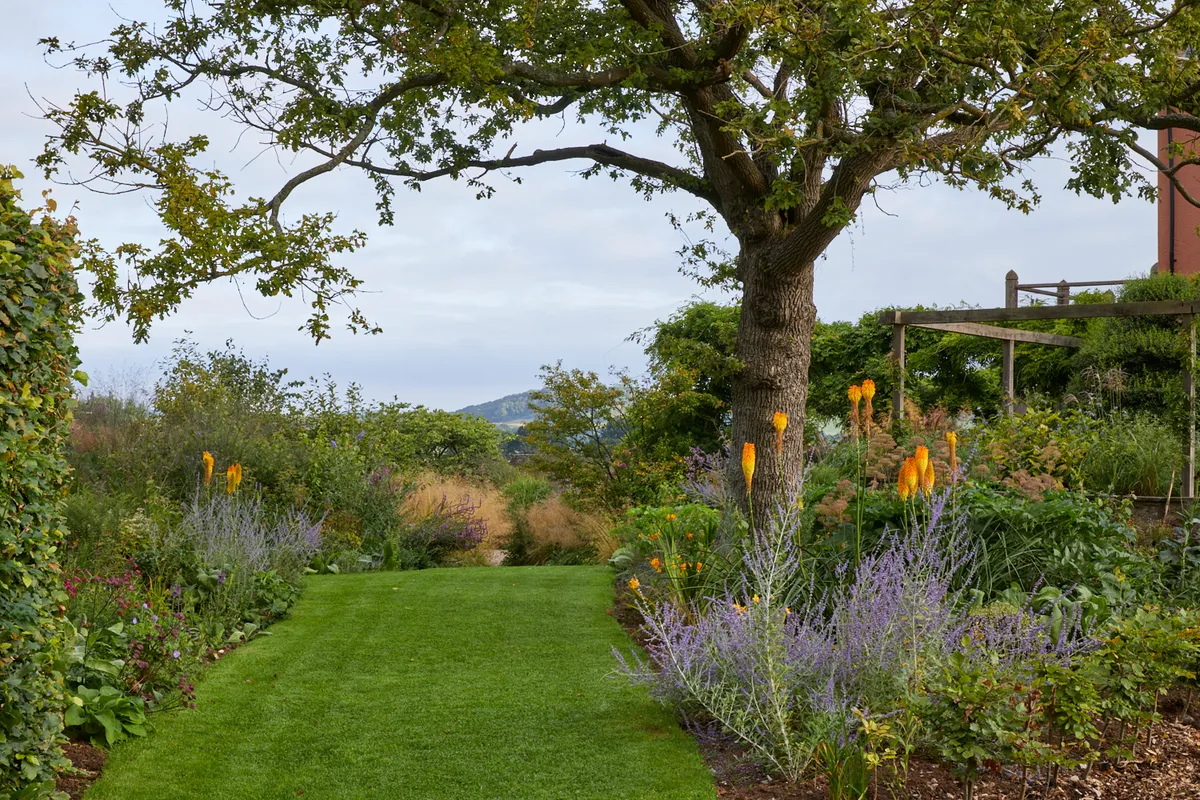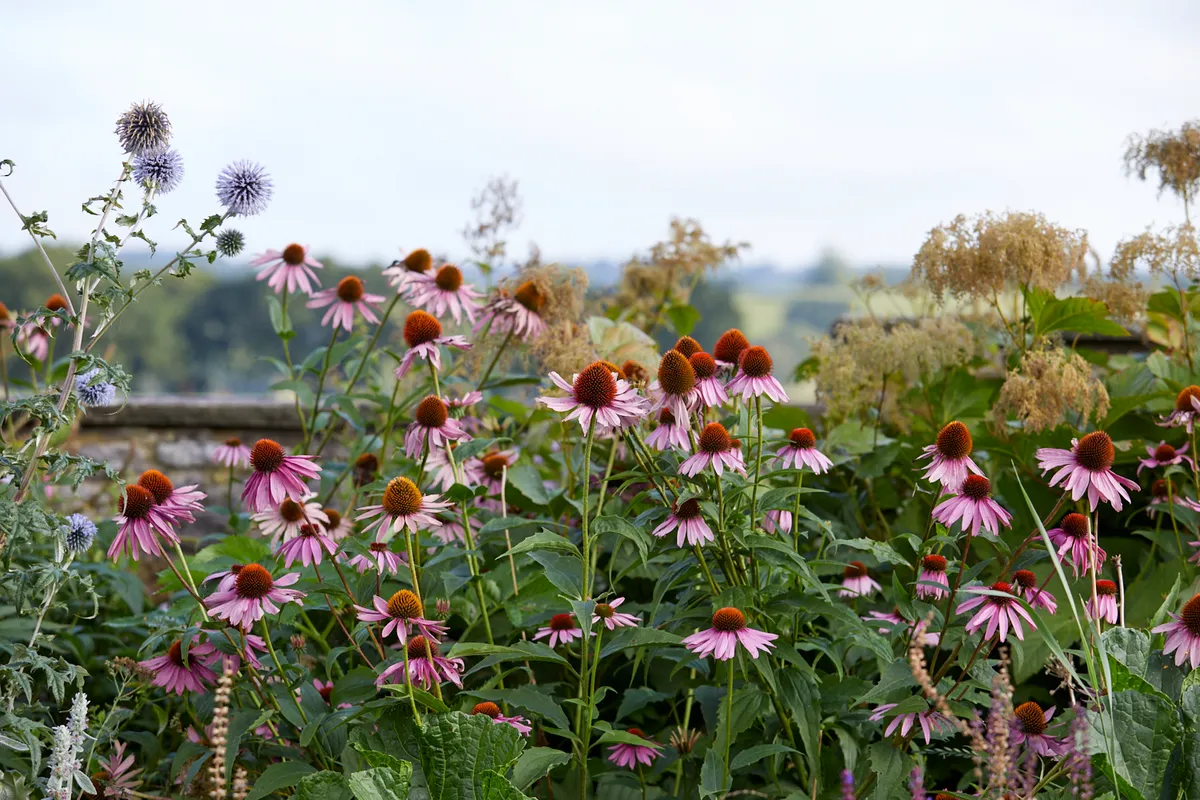Here at Yeo Valley Organic Garden, we garden (and farm) organically and we’re proud of our Soil Association Certification, but you don’t have to go the whole hog to do your bit for the planet. There are some really simple things you can do now to help you put nature first this year without compromising your garden style or plant choices. Working with, rather than against, nature in your garden is good for the planet AND ultimately less work for you, what’s not to love?
Top Tips From Yeo Valley
Give your soil a break
Every time you stick a fork, spade or trowel into the earth you are disturbing the fine balance of microorganisms that it supports. It’s this life support system that holds carbon in huge quantities and helps mitigate climate change. Minimise soil disturbance by mulching regularly to supress weeds, and save your digging for planting.
Read Charles Dowding's advice on no-dig gardening.

Cut your lawn less
If you only do one thing this year to improve your garden’s value for nature, cut your grass less, or not at all. The UK’s climate is perfectly suited to allow grass and the many species of beneficial plants that share our lawns to thrive, but regular cutting deprives essential pollinators of an important food source. According to PlantLife, the British conservation charity behind No Mow May, allowing your lawn to grow naturally for just a single month can provide enough nectar for ten times the amount of bees and other pollinators than a regularly cut lawn. Save your mower for pathways and picnic areas.
Here's more tips on easy lawn care

Let nature do its thing
We have learnt to take a more relaxed approach and turn the other cheek where pests are concerned. A pest is a delicious snack for someone higher up the food chain, so don’t be too hasty to wipe them out. By tolerating your pests, you are providing a valuable food source for your predators, and they will do the work for you.

Give your plants tough love
It’s possible to live without manufactured pesticides but it can be tempting when planting out your precious seedlings. Don’t over cosset your youngsters but certainly don’t put them out into the veg patch until they are big and strong enough to survive slugageddon. A baby lettuce is nectar to a slug and an attack by cabbage whites will completely destroy a brassica. We try to grow everything in pots (old yogurt pots of course) until they are big enough to thrive.

Feed birds wisely
We feed the birds generously throughout the winter, when they most need it, and then remove the feeders in spring to encourage them to focus on eating our pests.
Visit Yeo Valley Organic Garden on one of their open days until the end of October, and check out their programme of events running until the end of September.
For more tips on attracting wildlife into the garden, take a look at our guide.